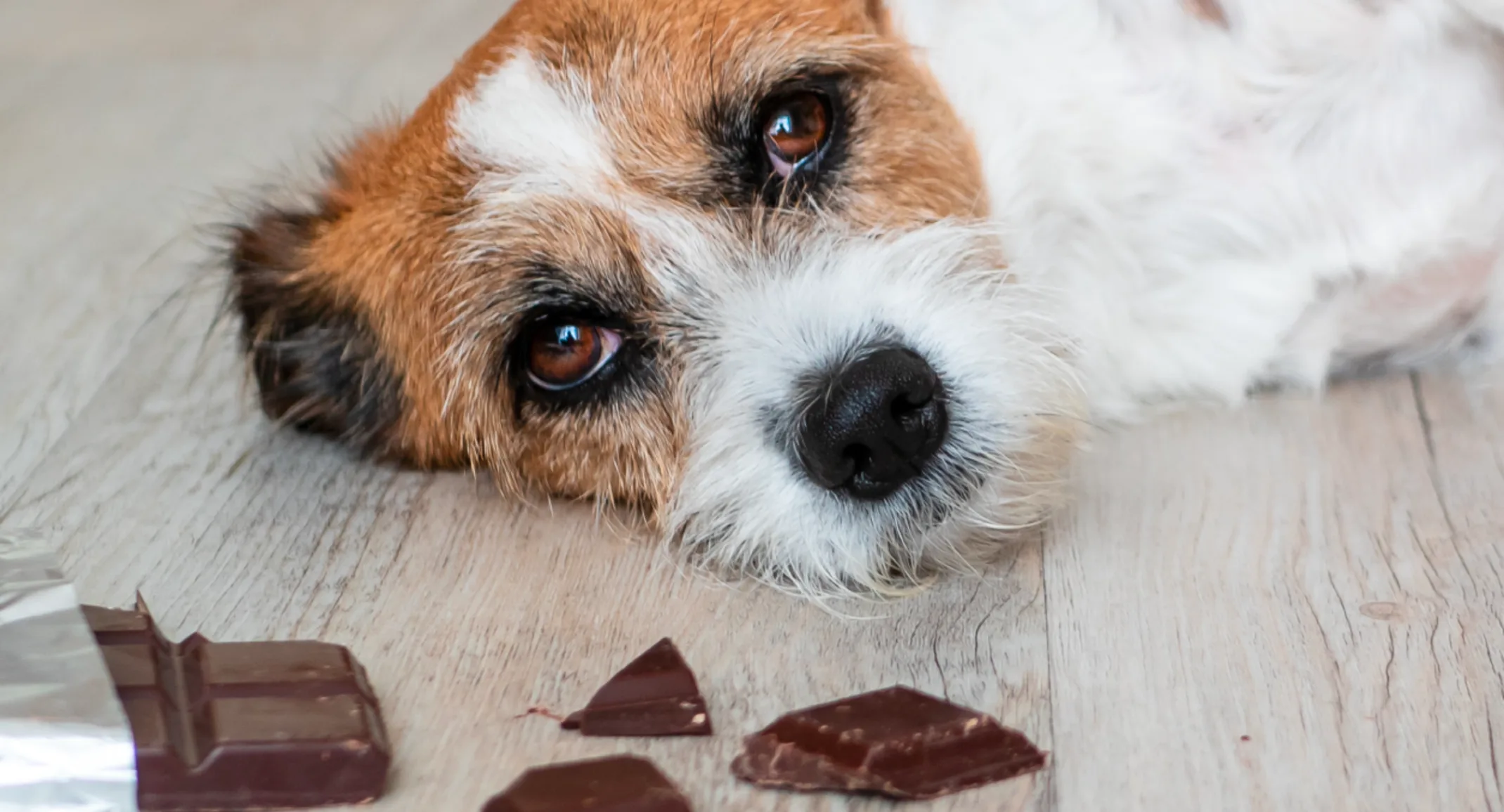Top 5 Pet Poisons
Pet Poison

We love our pets’ natural curiosity and sense of adventure. But, those same endearing qualities can land our furry friends in a heap of trouble. Pets who can’t resist eating something that looks or smells interesting often end up with an unplanned visit to our veterinary hospital. While we love to see you and your four-legged friend, we would prefer their visit be happy, rather than to treat vomiting, diarrhea, seizures, or breathing trouble from toxin exposure. You are probably aware that chocolate and lilies are poisonous to pets—although that doesn’t stop them from finding a way to indulge—but, your home may be harboring additional toxins you may not know about. Let’s check out the top five pet poisons, according to the ASPCA’s Animal Poison Control Center (APCC).
1. Medications that are toxic to pets
Medications top the list of toxins the APCC receives calls about year after year. Pet owners sometimes turn to their own medicine cabinet to attempt to treat their pet’s ailments before consulting their veterinarian. Unfortunately, a number of human over-the-counter and prescription medications are toxic to pets; for example, treating your pet’s limp with an anti-inflammatory, such as ibuprofen, Aleve, or Tylenol, can cause deadly kidney failure or other life-threatening complications. Disaster can also strike if your pet gets into a bottle of medication left where they can reach. Warn your houseguests to keep their luggage closed, and all medications out of reach, in case your pet roams into the guest room to investigate the new smells. Dogs, in particular, are indiscriminate eaters, and may gobble down an entire bottle of pills before realizing they are bitter and unappetizing. Human medications aren’t the only culprits—a medication prescribed for your pet can cause toxicity if overdosed or used inappropriately. Accidentally giving your large dog’s medication to your Chihuahua, or applying canine flea preventive to your cat’s skin, can cause dangerous toxicity. And, those beef-flavored pills your dog eats like treats? They will happily devour the whole prescription if they get their paws on it.
2. Toxic foods that are dangerous for pets
Resisting pleading puppy dog eyes or incessant meowing during dinnertime can be difficult, but sharing the wrong foods with your pet can turn your act of love into a disaster. A number of common foods are toxic to pets, including:
Chocolate
Grapes and raisins
Xylitol
Macadamia nuts
Onions
Garlic
Raw yeast dough
Alcohol
Coffee and other caffeinated beverages
We often see a spike in calls around the holidays, when pets find their owner’s stash of Valentine’s, Easter, or Halloween chocolate candy. The holidays also lead to a rise in pancreatitis cases—although rich, fatty foods, such as turkey skin, ham, and gravy, may not be toxic, they can trigger dangerous pancreatic inflammation that may land your pet in the hospital.
3. Household items that are toxic to pets
Household items, such as paint, glues, and cleaning products, may not seem appetizing, but a rambunctious puppy often doesn’t care what they get their paws on. While your cat will likely ignore chemicals stored on low shelves in the garage or shed, dogs have been known to lap up an entire gallon of paint because it has an interesting texture. Cats will more likely be exposed to chemicals they groom off their paws and fur, so ensure your freshly-cleaned floors are dry before allowing your feline friend to decorate them with fresh paw prints. One household toxin, ethylene glycol, is equally tempting to dogs and cats. Ethylene glycol is found in antifreeze products, and a pet who licks the sweet liquid from your driveway or garage floor can die of acute kidney failure, if the antidote is not administered in only a few hours. Keep all chemicals, especially antifreeze products, stored safely out of your pet’s reach, and clean up spills immediately.
4. Rodenticides, insecticides, and pets
Rodenticides are formulated to entice animals, with deadly consequences when eaten, so it’s not surprising that pets often also gobble up the pellets, blocks, and liquid. If your pet eats rodent bait, or a dead rodent that consumed bait, they may suffer from life-threatening internal bleeding, kidney failure, or brain swelling. Insecticides can make your pet sick if they eat ant bait, or groom lawn chemicals from their fur. Avoiding insect baits is best, but if you must use them, ensure your pet cannot get to them. Better yet, call an exterminator who uses pet-friendly products, and follow instructions carefully—chemicals often must dry completely before they are pet-safe. Lawn products require the same caution, so ensure your lawn-treatment company uses only nontoxic chemicals.
5. Plants that are toxic to pets
While cats may steer clear of many toxins—they are too picky to eat the lowly scraps dogs drool over—they often can’t resist chewing on greenery. Depending on the variety, plants can cause problems ranging from oral irritation, with excessive salivation and vomiting, to acute kidney failure following pollen exposure. Common toxic varieties you should steer clear of include:
Amaryllis
Autumn crocus
Azalea
Castor bean
Chrysanthemum
Cyclamen
English Ivy
Kalanchoe
Lilies
Marijuana
Oleander
Peace lily
Pothos
Sago palm
Schefflera
Tulips
Yew
Are you ready to clean out your garage, move medications to the top shelf, and call your lawn-care company? Your pet may not discern tasty from toxic, so you must be their voice of reason. Call us if you need advice about keeping toxins away from your pet, or you think they may have snacked on a pet poison.
